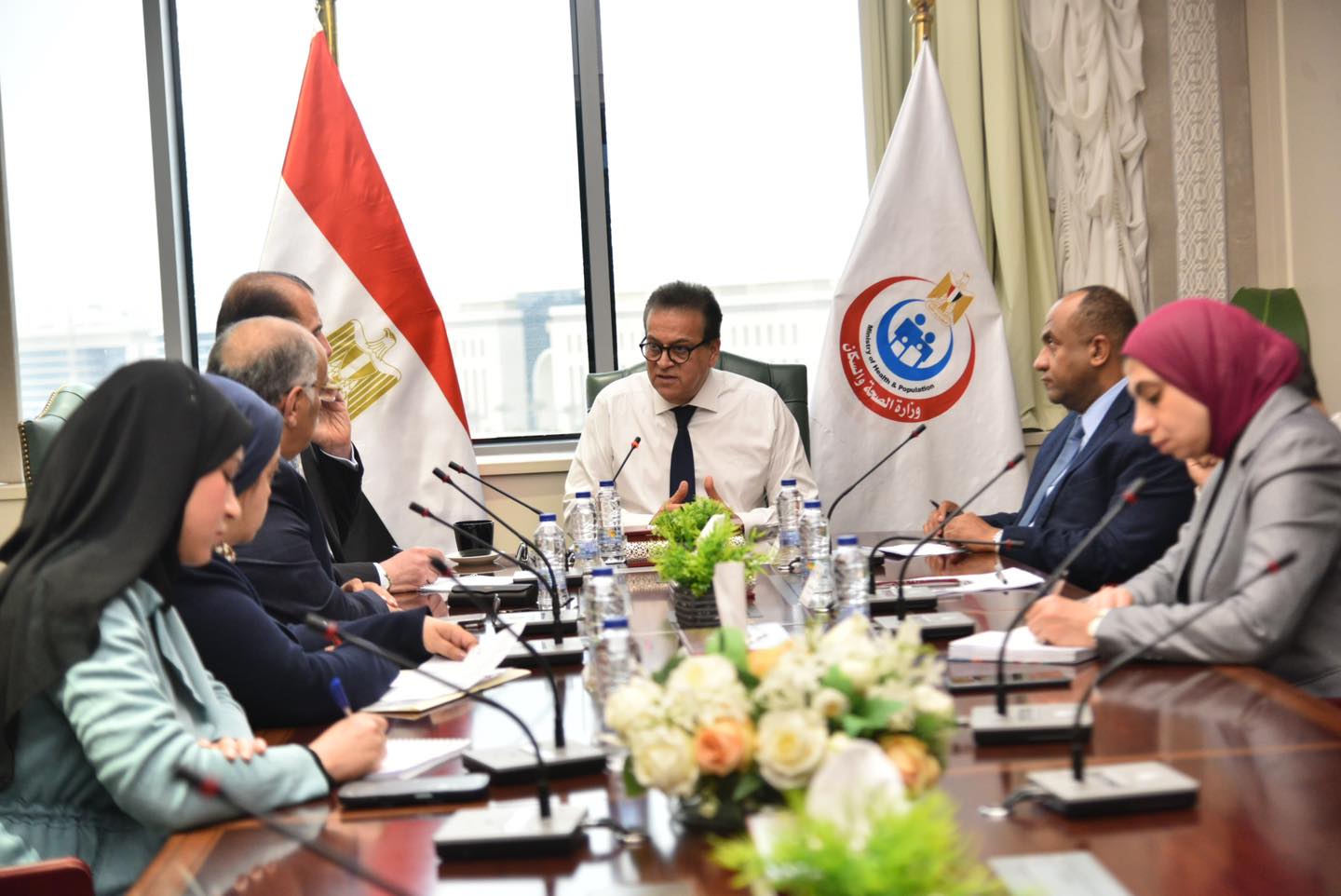CAIRO – 18 January 2024: As an anticipated ceasefire in Gaza draws closer, Egypt has emphasized intensified efforts to deliver more humanitarian aid to Palestinians in Gaza, who have suffered severe shortage of essential materials amid 15 months of Israeli war.
Minister of Social Solidarity Maya Morsy directed the Egyptian Red Crescent (ERC) to intensify efforts to deliver further amounts of humanitarian aid to Gaza in coordination with Egyptian state authorities.
Sources told Egypt Today that 1,000 truckloads are ready to move from Arish to enter Gaza when the ceasefire starts.
The world is eagerly anticipating the moment on Sunday afternoon when Israel is expected to implement the ceasefire in Gaza, after more than 15 months of war.
This long-awaited feat is expected to facilitate a surge of humanitarian aid into Gaza, while also allowing for the transfer of injured Palestinians to hospitals outside the enclave.
As per the ceasefire deal between Hamas and Israel, 600 truckloads of aid are set to be delivered to Gaza on a daily basis during the first phase, spanning six weeks. Of these trucks, 50 will be carrying fuel.
Half of these 600 aid trucks will head of northern Gaza, where a famine looms.
Philippe Lazzarini, Commissioner-General of the UN agency for Palestine refugees (UNRWA) said on Friday that the Palestinian relief agency has 4,000 truckloads of aid, including food and flour, ready to enter Gaza.
The war in Gaza has killed more than 46,800 Palestinian people and injured over 110,600 more since it began on October 7, 2023.
The Israeli aggression has also devastated infrastructure, displaced most of Gaza's 2.3 million residents, and pushed the enclave to the brink of famine.
To assist Palestinians after the ceasefire announcement, Egypt has emphasized the preparedness of its hospitals in North Sinai and neighboring governorates to receive Palestinian people in need for treatment through the Rafah border crossing.
Prime Minister Mostafa Madbouly emphasized that Egypt is fully prepared to provide comprehensive logistical support to the people of Gaza following the anticipated ceasefire declaration#Egypt #Africa #MENA https://t.co/yxD2nOXp0C
— Egypt Today Magazine (@EgyptTodayMag) January 16, 2025
Khaled Abdel Ghaffar, Egypt's Minister of Health and Deputy Prime Minister, held a meeting with ministry leaders on Saturday to emphasize the importance of ensuring medical readiness at all healthcare facilities when the crossing opens.
He called for the highest quality health services to be provided to the Palestinians.
To facilitate this, Abdel Ghaffar directed an increase in the number of medical teams in emergency care departments and the enhancement of medical equipment in hospitals located in Arish, Bir Al-Abd, and Sheikh Zuweid in North Sinai.
The minister reassured that hospitals have sufficient stocks of medicines, medical supplies, and blood types, all while preparations for relief work in the Gaza Strip are underway.
He also highlighted the heavy deployment of ambulance points to ensure swift medical response.

The ceasefire deal was announced by the mediators, Egypt, Qatar and the US on Wednesday. Israel’s security cabinet ratified the ceasefire agreement on Friday and the full cabinet is expected to approve it shortly.
The phased agreement will allow for the release of captives held by Hamas since their surprise attack on Israel on October 7, 2023, including both living and deceased captives, in exchange for numerous Palestinian prisoners held in Israeli prisons.
As per the deal, Hamas is set to release 33 captives in the first phase, which spans 42 days, alongside the withdrawal of Israeli forces toward the East.
The first phase of the agreement includes a ceasefire, withdrawal and redeployment of Israeli forces from densely populated areas, an exchange of prisoners and detainees, and the return of the remains of the deceased.
During this initial phase, internally displaced Palestinians will be allowed to return to their homes in Gaza, and arrangements will be made for the sick and wounded to receive treatment.
The first phase also aims to intensify the safe and effective entry and distribution of humanitarian aid on a large scale in the Gaza Strip, rehabilitate hospitals, health centers, and bakeries, and provide civil defense supplies and fuel, as well as shelter for those displaced by the war.
Talks regarding the implementation of the second phase of the agreement are set to commence on the 16th day of the first phase.
The second phase stage is anticipated to encompass the release of all remaining hostages, the establishment of a lasting ceasefire, and the full withdrawal of Israeli forces from Gaza.
The third phase will focus on the recovery of all remaining deceased individuals and the initiation of reconstruction efforts in Gaza, overseen by Egypt, Qatar, and the United Nations.
Comments
Leave a Comment